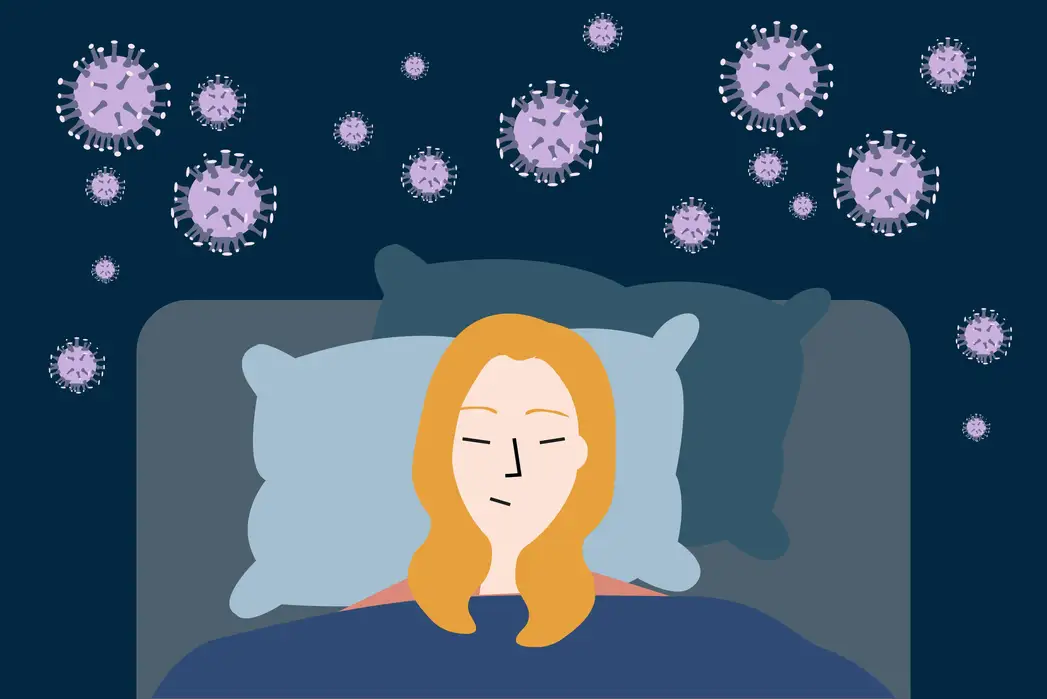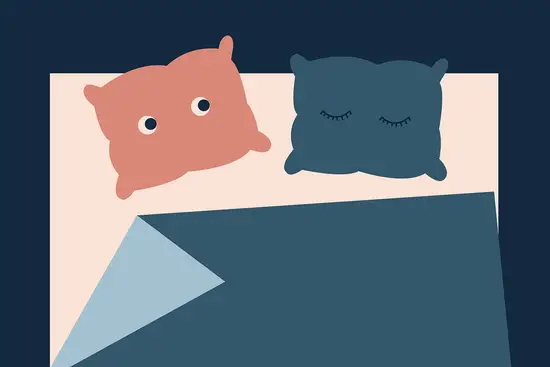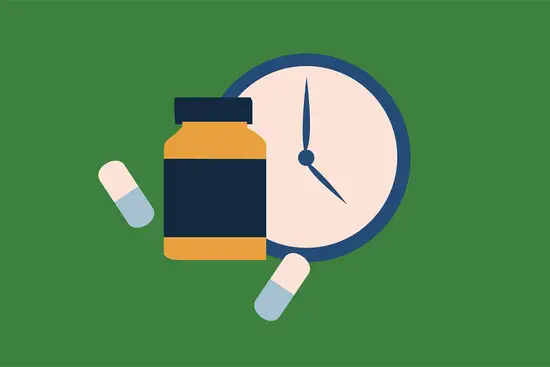The coronavirus pandemic is a developing situation and it is increasingly important that guidance is evidence-based and clearly understood.
However, numerous claims, often without substance, are muddying the waters. For instance, you might have heard that eating certain foods, ingesting bizarre chemicals or taking super doses of various vitamins will help to boost your immune system.
In addition, you might have read one of several articles focusing on sleep and the immune system. Many of these stories suggest that poor sleep can increase your chances of being infected by the common cold.
It should be noted that Covid-19 is not the common cold and there is no scientific evidence, at present, that sleep by itself offers any additional protection from infection.
It is vital that the immune system functions at full capacity to prevent infection and fight disease1. Good sleep does ensure that the immune system is at its strongest. However, good sleep is only one part of a healthy lifestyle, along with a nutritious diet and moderate exercise.
If you’re sleeping well, getting even more sleep will not additionally strengthen, or boost, your immune system. However, if you’re not sleeping well regularly, then there are many reasons why you should try to get better sleep. Improving your immune function is just one of them.
The only time that sleep/bed-rest is really important is if you are infected because then sleep/bed-rest gives the body the best chance of fighting, and beating, the infection.
One of the most important factors needed for good sleep is a quiet mind. You cannot sleep if your mind is racing or you are worried or stressed.
Of course, at times like this it’s easy to worry.
So, it is worthwhile finding ways of calming your mind before bed. Activities like reading, listening to music, mediation, keeping a gratitude journal, praying, etc., can help and provide a source of comfort.
Worrying that you will weaken your immune function and increase the chances of contracting coronavirus if you don’t sleep well is a sure-fire way of not getting a good night’s sleep.

In addition to all of the good, common sense advice that the NHS is offering about how to avoid the coronavirus, consider the fact that improving your sleep, if you aren’t sleeping well, can play a role in helping your immune system function optimally.
If you’re worried about your sleep or just need someone to talk to, we can help. Our support team is trained to help people to manage worry and anxiety as well as sleep problems. We can lend a sympathetic ear and also provide specific advice and guidance to anyone who needs our support.
If you were sleeping well prior to this health crisis, then there is no reason to worry about your sleep at the moment.
In the coming days we will be sharing further advice and guidance alongside advice around how to reduce worry and anxiety. You can trust, as always, that our guidance will be evidence-based.
References
- Besedovsky, L., Lange, T. and Born, J., 2012. Sleep and immune function. Pflügers Archiv-European Journal of Physiology, 463(1), pp.121-137. ↩︎


